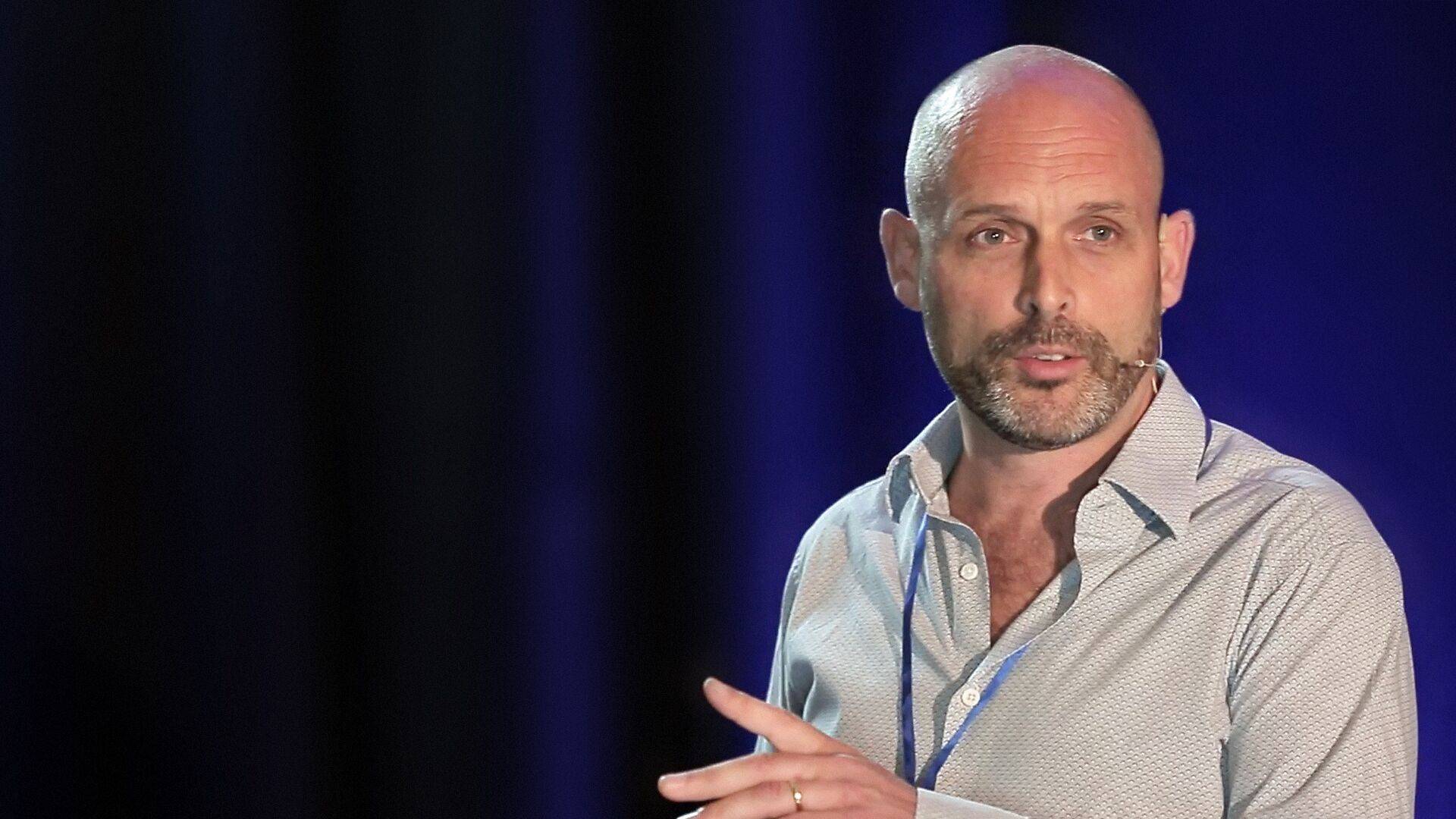Low Carb Houston Conference to dispel myths, examine new mindset to healthy eating
October 1, 2019 | UHCL Staff

The ketogenic, or low-carb way of eating is a relatively new addition to a toolkit
of dietary and lifestyle interventions that can be very helpful for numerous medical
conditions, including obesity, diabetes and heart disease. University of Houston-Clear
Lake’s Exercise and Nutritional Health Institute is hosting the second annual Low Carb Houston Conference Oct. 24-26 in the Bayou Theater to address the contribution of nutrition and obesity to chronic disease.
Ivor Cummins, a biochemical engineer based in Dublin, will be among the featured experts
speaking at the conference. Cummins, with fellow presenter Dr. Jeffry Gerber, is co-author
of the book, “Eat Rich, Live Long,” which focuses on the root causes of chronic diseases and resolution strategies.
“In 2012, I got some problematic blood test results,” Cummins said. “There were problems
with my liver enzymes and my cholesterol. I’m a biochemical engineer and I’m an expert
problem solver, so I asked my doctor two key questions: ‘What are the implications
of these tests, and what are the root causes of these bad results?’”
The doctor was not able to give him much clarification. “I was surprised by that,
so I went to another doctor and still didn’t get a proper answer to my questions.
I was shocked,” he said. “As a biochemical engineer, I have access to the published
science platforms, so I did some intense research and found out that my problem was
carb metabolism. I switched to a low-carb diet to fix my blood markers.”
In nine weeks, Cummins said he’d lost 30 pounds and resolved all the problems with
his blood markers. “I knew I was right,” he said. “I began giving lectures to other
engineers about this, explaining that cholesterol is not really the problem at all,
but refined sugar and carbs, modern processed food, bread, pasta, and vegetable oil
were the problem.”
Cummins has continued to deliver lectures all around the world about how the low carb
and ketogenic way of eating can fix most metabolic markers and drastically reduce
future disease.
“There’s a whole world of medical experts who knew what I knew and were applying it,
and producing more technical talks and interviews to get the message out,” he said.
“The ‘unholy triad’ of modern disease – obesity, diabetes and heart disease – that
have root causes in consuming refined carbs, sugars and vegetable oil. These are driving
most modern diseases, and there are other things driving them too, but the primary
ones are what goes in your mouth.”
When Cummins spoke at last year’s Low Carb Houston Conference at UH-Clear Lake, he
spoke about insulin resistance and cholesterol.
“This year I want to take it up a level,” he said. “I want to focus on calcification
of arteries, how to stop the aging process and how to save yourself from a heart attack.”
He added that he would discuss the use of a little-used technology called a calcium
scan. “I’ll talk about how it’s used to find out your real risk of a heart attack,”
he said. “Calcium is brought in by the body in an attempt to stabilize arteries. Bad
food and lack of exercise build up pustules or boils in the arteries, and the calcium
is part of the body’s repair process. If it’s building up, you know you have a lot
of dangerous plaque in your arteries.”
The use of the words “pustules” and “boils” are good for visualizing what the plaque
looks like, Cummins said. “They’re infectious areas of inflammation. When these boils
burst, all the junk inside them bursts into the blood flow and blocks the artery,
causing a blood clot and heart attack. The blood flow to the heart stops, and the
heart muscle begins dying.”
Cummins said the goal of the conference was to dispel incorrect or misleading information
about nutritional health. “We were told that low fat foods would reduce cholesterol,
because it was believed that LDL cholesterol was the problem, which is a mistake.
It doesn’t address chronic disease,” he said. “The ketogenic way of eating addresses
over a dozen important blood measures. We’ve found many things in complex human physiology
that are counterintuitive. The authorities promoted theories which, on the surface,
seemed to make sense but were actually incorrect. The problem now is trying to tell
people that what they’ve been taught for 50 years is wrong.”
This is a huge mindset shift, he said. “People have been indoctrinated to believe
that fats and cholesterol are bad, but there’s no basis for that in evolution or when
proper scientific analysis is carried out,” he said. “We must convert people. It’s
not an easy job.”
Find out more or register for the Low Carb Houston Conference online.
About the Author:
Recent entries by
October 18 2022
Better technology transforms campus safety: Police Chief demonstrates SafeZone to students
October 14 2022
Student's skill with drones takes chicken turtle research to new heights
October 11 2022
Planting event to help UHCL restore native plants to campus, support environmental sustainability







